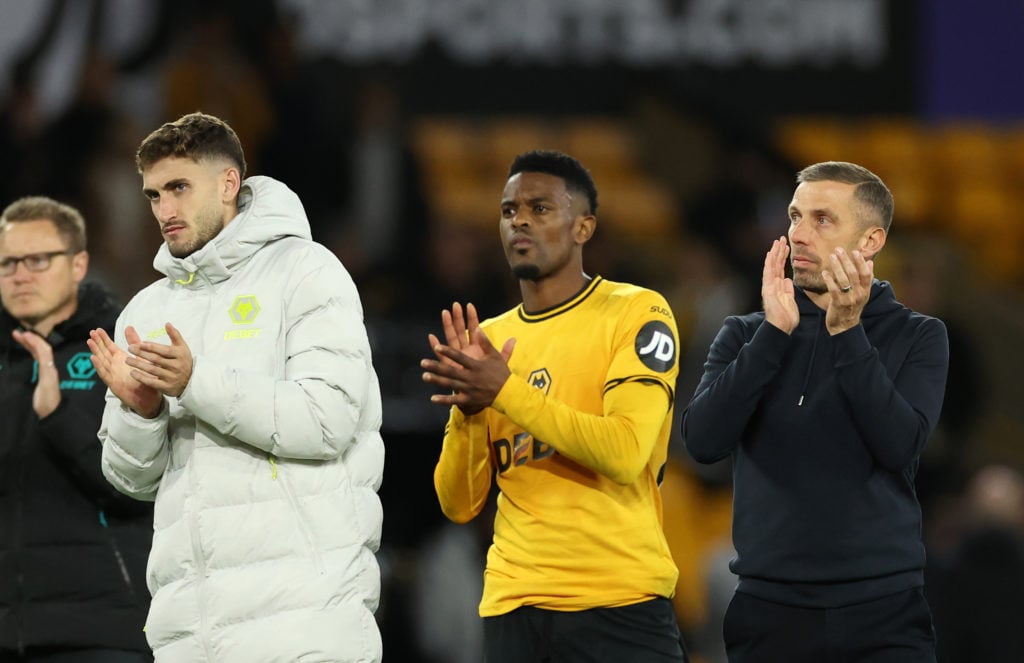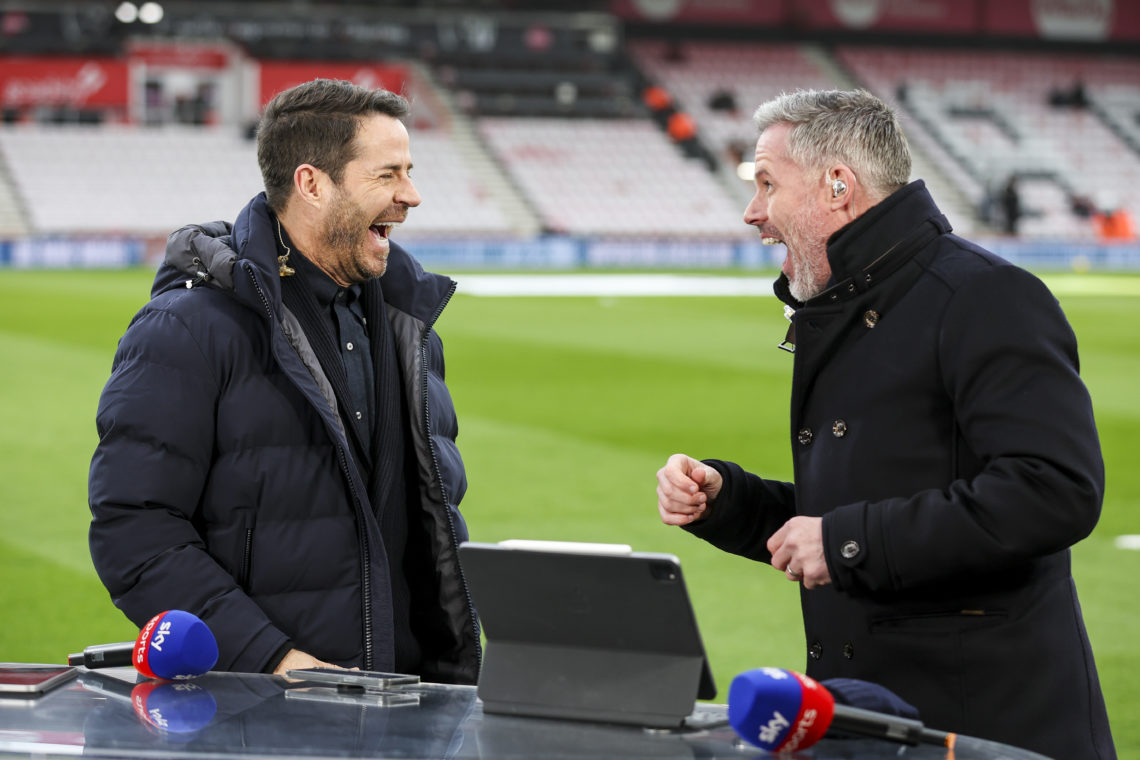Wolves were beaten 2-1 by Liverpool on Saturday evening, with one tactical element of Gary O’Neil’s game letting him down.
Wolves equalled an unwanted club record in the defeat to Liverpool as it extended their poor start to just one point from their first six games.
The Wanderers, as usual, started the game with promise by knocking the ball around at speed without actually threatening Alisson’s goal.
Gary O’Neil’s men were eventually punished for not making their possession count as Ibrahima Konate rose highest to score on the stroke of halftime.
The hosts did then equalise moments after the interval as Rayan Ait-Nouri took advantage of a defensive error but their joy was short-lived as Mohamed Salah converted a penalty following Nelson Semedo’s foul on Diogo Jota.
With it still possible to salvage a point, Wolves had an opportunity to commit bodies forward in an attempt to score an equaliser but failed to show any threat and only entered Liverpool’s box twice in the final 34 minutes.
- READ MORE: Five things we learned as Wolves continue winless run with 2-1 Premier League defeat vs Liverpool
Jamie Redknapp says Wolves needed to take more risks vs Liverpool
Frustratingly, Wolves were reluctant to drive forward late on in the game and instead were happy to knock the ball around their defence.
This left Gary Neville bemused on commentary, as he felt O’Neil should have been willing his players to score and risk conceding at the other end to do so.
Former Liverpool midfielder Jamie Redknapp felt a similar way to Neville and believes an unwillingness to take risks is a ‘consequence of modern football’.

He references legendary Manchester United manager Sir Alex Ferguson as an example of the benefits that can be reaped from taking risks.
Speaking on Sky Sports post-game, Redknapp said: “That’s a consequence of football now. Managers are scared to take risks. Sir Alex Ferguson would take risks, if you were losing he’d throw two strikers on.
“But with the way teams are set up now, not wanting to lose the midfield battle, maybe not wanting to lose 3-1, 4-1, they do take less risks.
“I don’t think that’s always a good thing. The fans want to see them throwing the kitchen sink at it. You saw with the equaliser it wasn’t great play, they just forced the mistake.”
- READ MORE: Gary O’Neil confirms yet another frustrating injury concern after Wolves 2-1 loss vs Liverpool
The Wolves players are partly to blame
Regardless of what O’Neil has told them, instinct should set into the player’s mind when losing by one goal with minutes to go.
They should be streaming forward in numbers in a desperate attempt to grab an equaliser but Wolves didn’t do that enough, and it’s telling that only two entries were made into the opposing box in the final half an hour.
The players, particularly those coming off the bench, can be partly to blame for not showing a threat in the final third.
For instance, Hwang Hee-Chan was on the pitch for 22 minutes but the South Korean only made four touches of the ball and was pretty much non existent.
O’Neil will have felt disappointed by his contribution, as he surely sent him on with the hope of grabbing an equaliser but it sadly never looked likely.
Receive a digest of our best Wolverhampton Wanderers content each week direct to your mailbox



 Join the fan conversation
Join the fan conversation